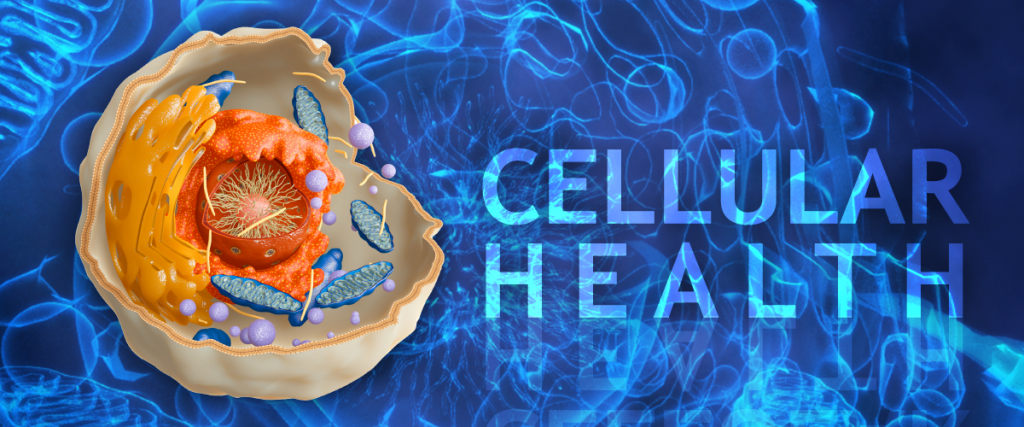- Have any questions? Contact us!
- info@dr-rath-foundation.org

New Clinical Review Finds Sunscreen Use Causing Widespread Vitamin D Deficiency
May 5, 2017
Stanford University Professor Predicts Collapse Of Oil Cartel Now Within Sight
May 18, 2017Taking Common Painkillers For Just One Week Increases Risk Of Heart Attack

A major new study suggests that nonsteroidal anti-inflammatory drugs (NSAIDs) may increase the risk of having a heart attack. Published in the British Medical Journal, the paper adds to the mounting body of evidence linking ibuprofen and other commonly prescribed NSAIDs to cardiovascular problems. Significantly, while the dangers were predictably shown to be greatest with higher doses, the researchers noted that taking any dose of NSAIDs for one week, one month, or more than a month was associated with risk.
The paper is presented in the form of a meta-analysis of previous studies. Examining records of 446,763 people on healthcare databases in the UK, Canada and Finland, of whom 61,460 had previously suffered a heart attack, the researchers found that high doses of ibuprofen were particularly hazardous. Taking more than 1200 mg per day of this drug – while still within the maximum recommended daily dose of up to 1600 mg for adults – was clearly associated with an increased likelihood of suffering a heart attack.
Avoiding treating the causes of disease

By Calleamanecer (Own work) [CC BY-SA 3.0], via Wikimedia Commons
The inevitable result of this approach is that while patients may initially think their health problems are being resolved or controlled, the micronutrient deficiencies that gave rise to them continue to exist. This means that, far from being cured, the health of patients continues to worsen with time – thus requiring further drugs to treat the ongoing symptoms that arise.
An added factor at play here is that all drugs cause side effects. Controlling these frequently requires patients to take still more medications. In turn, the drugs added to their prescription regimens then produce further adverse effects. This eventually results in patients taking multiple pharmaceutical chemicals – none of which treat the root cause of the original disease.
On top of this, there is also the problem of drug-induced nutrient depletion. Unknown even to many doctors, a large body of scientific evidence exists to show that at least 150 generic drugs can rob the body of nutrients. In some cases, such as research showing that the painkiller aspirin (acetylsalicylic acid) depletes vitamin C, this knowledge has already existed for over 80 years now. In short, the more drugs patients are given, the more their bodies become depleted of essential micronutrients, and the worse their condition becomes.
The time for a new healthcare system is NOW

Their use in acute medical situations aside, painkillers are the classic example of drugs being used to address the symptoms of diseases. Currently the third-highest earning class of medications for the pharmaceutical business, with sales of over 56 billion dollars in 2015 alone, the money produced from the sale of painkillers is exceeded only by that earned from diabetes and cancer.
If nothing else, therefore, the fact that common painkillers increase the risk of having a heart attack provides us with a good reminder why we need to redouble our efforts to make natural preventive health a human right. The current global healthcare system has failed to eradicate diseases and achieve Health for All. The sooner more people understand this, the sooner we can build a new system based on Cellular Health and other safe natural approaches – and save millions of lives.



